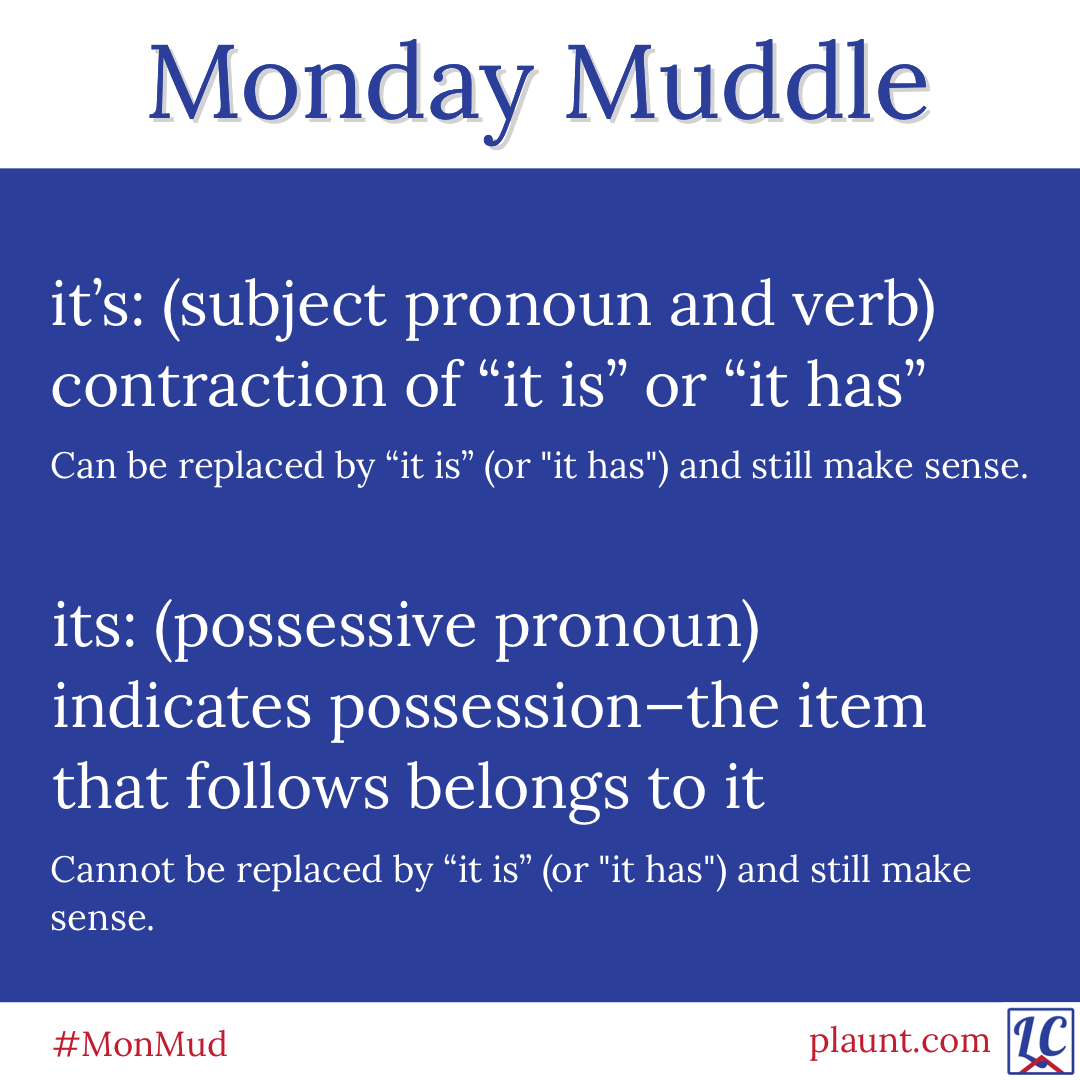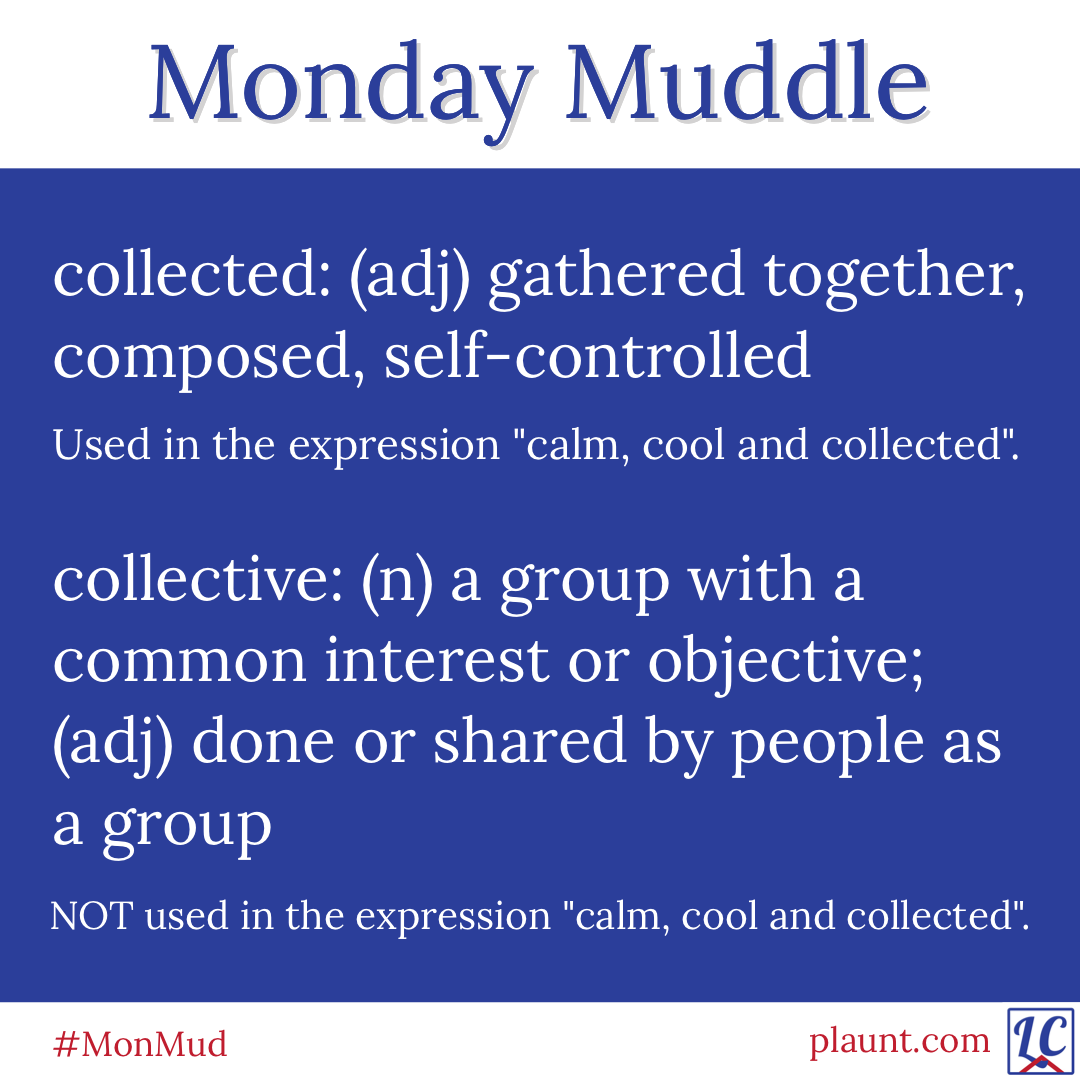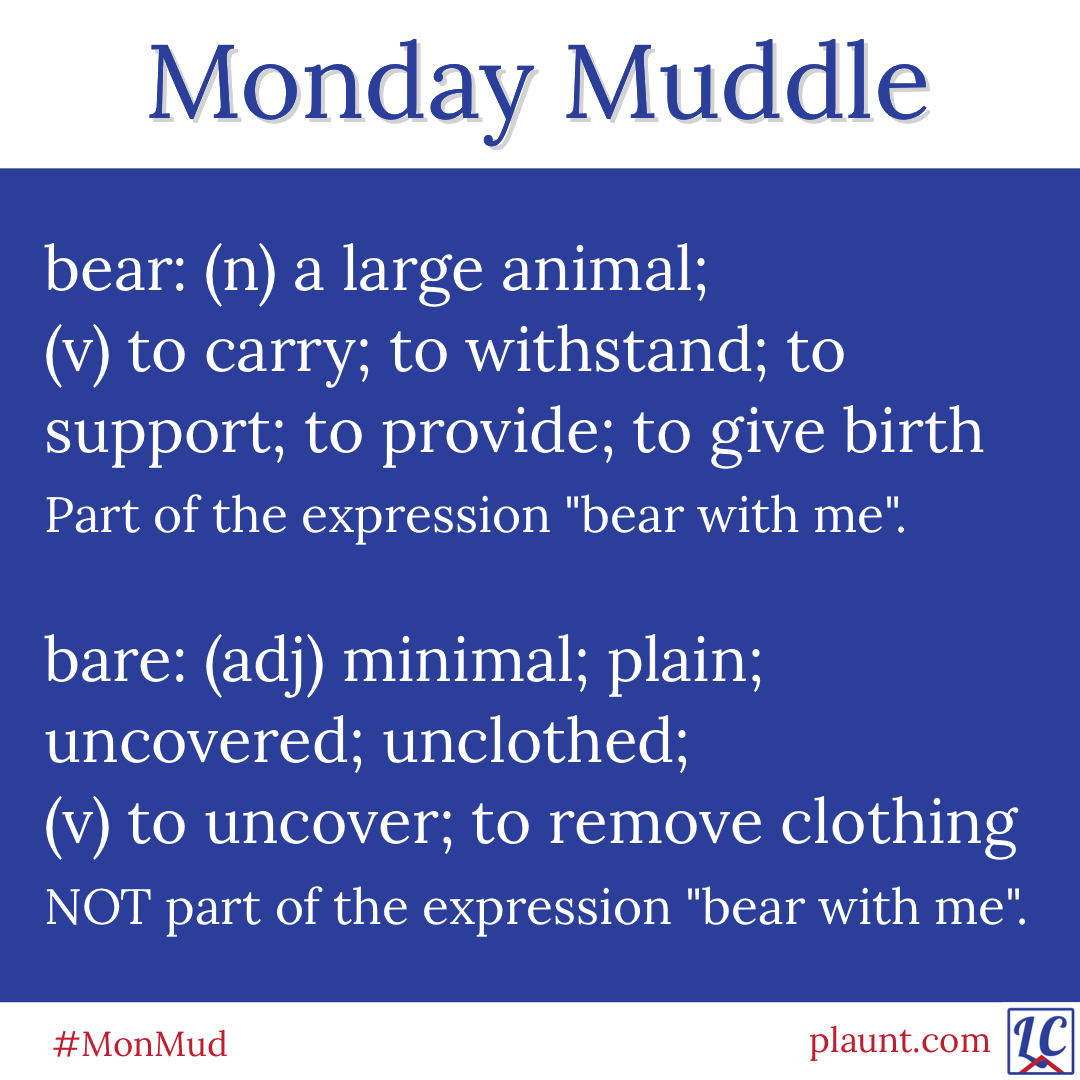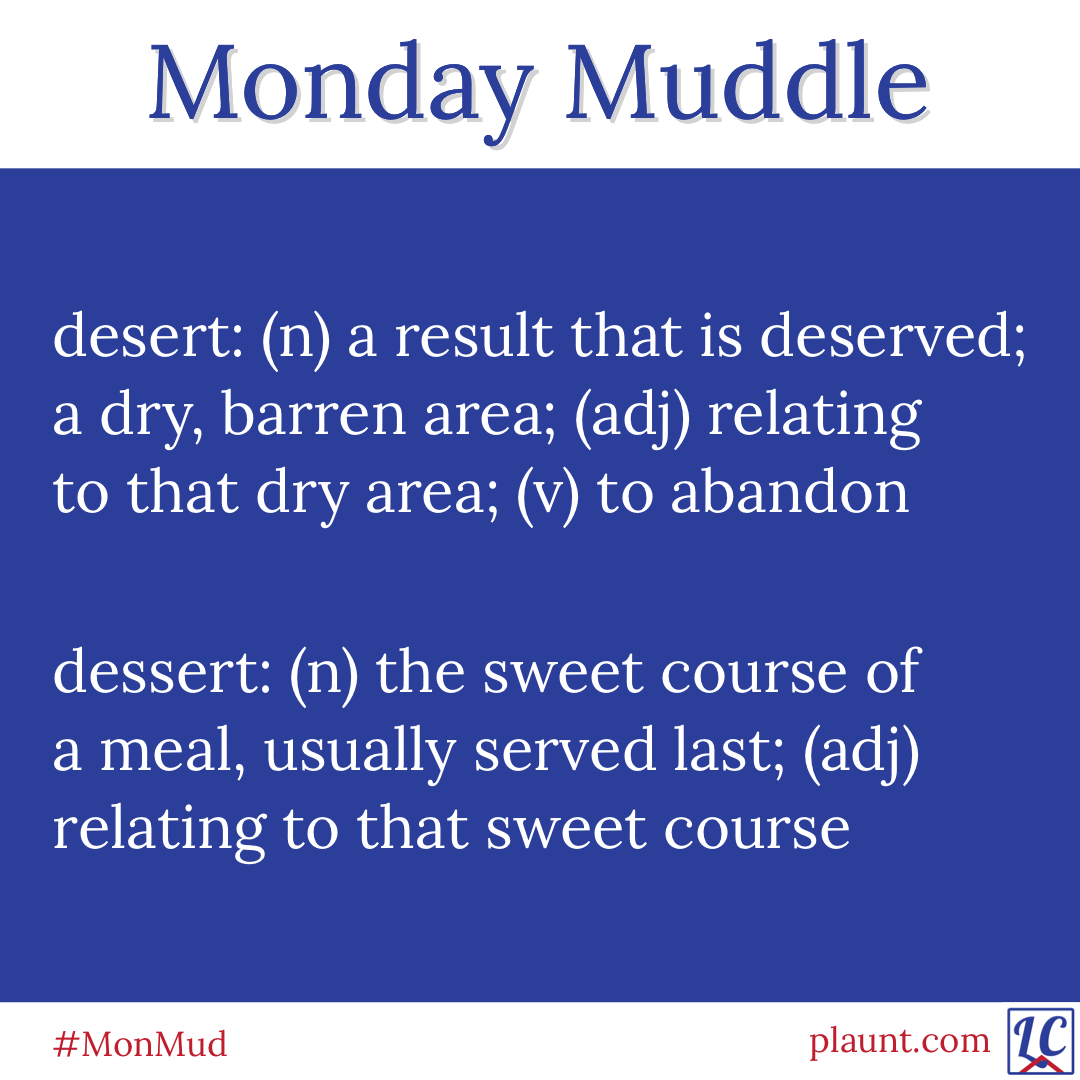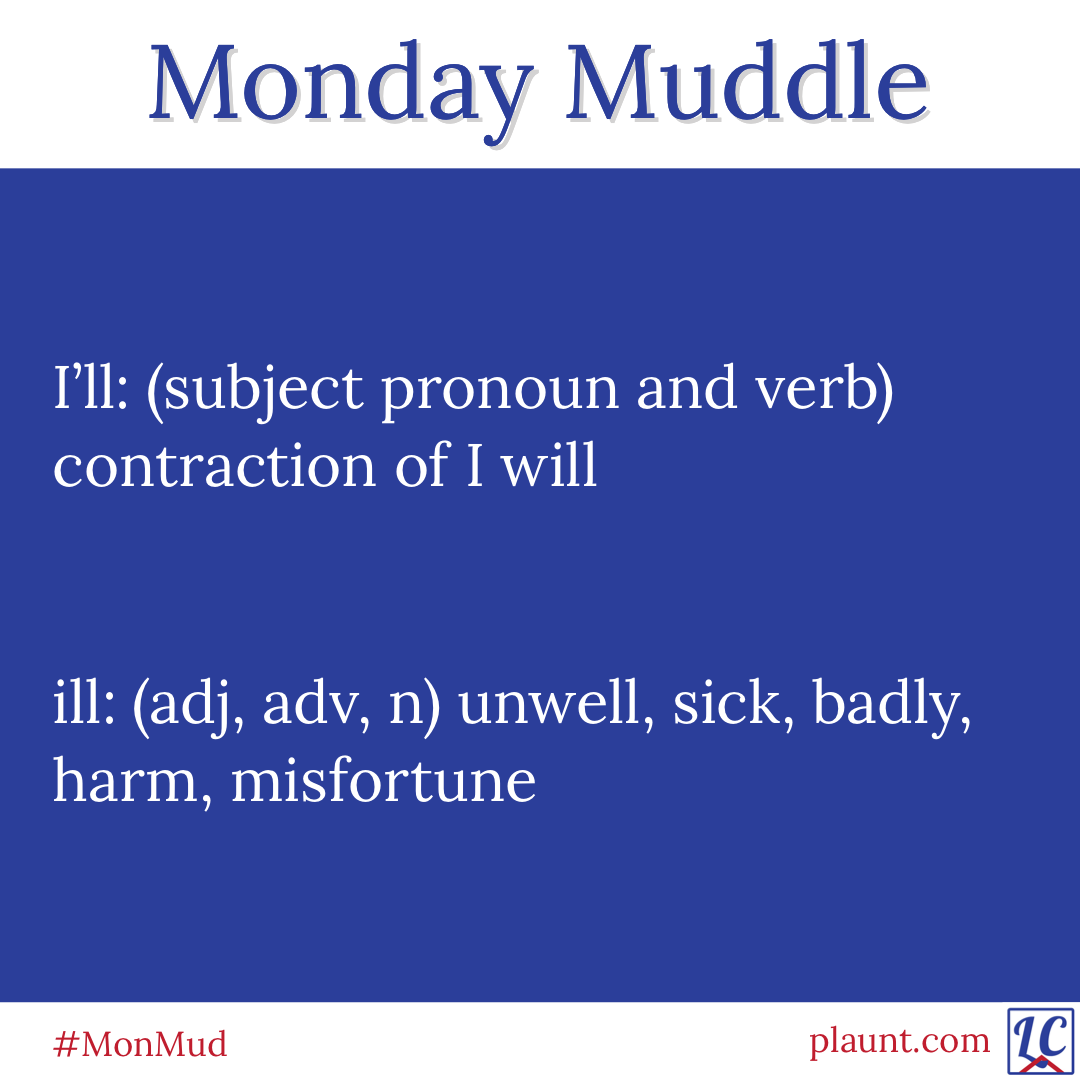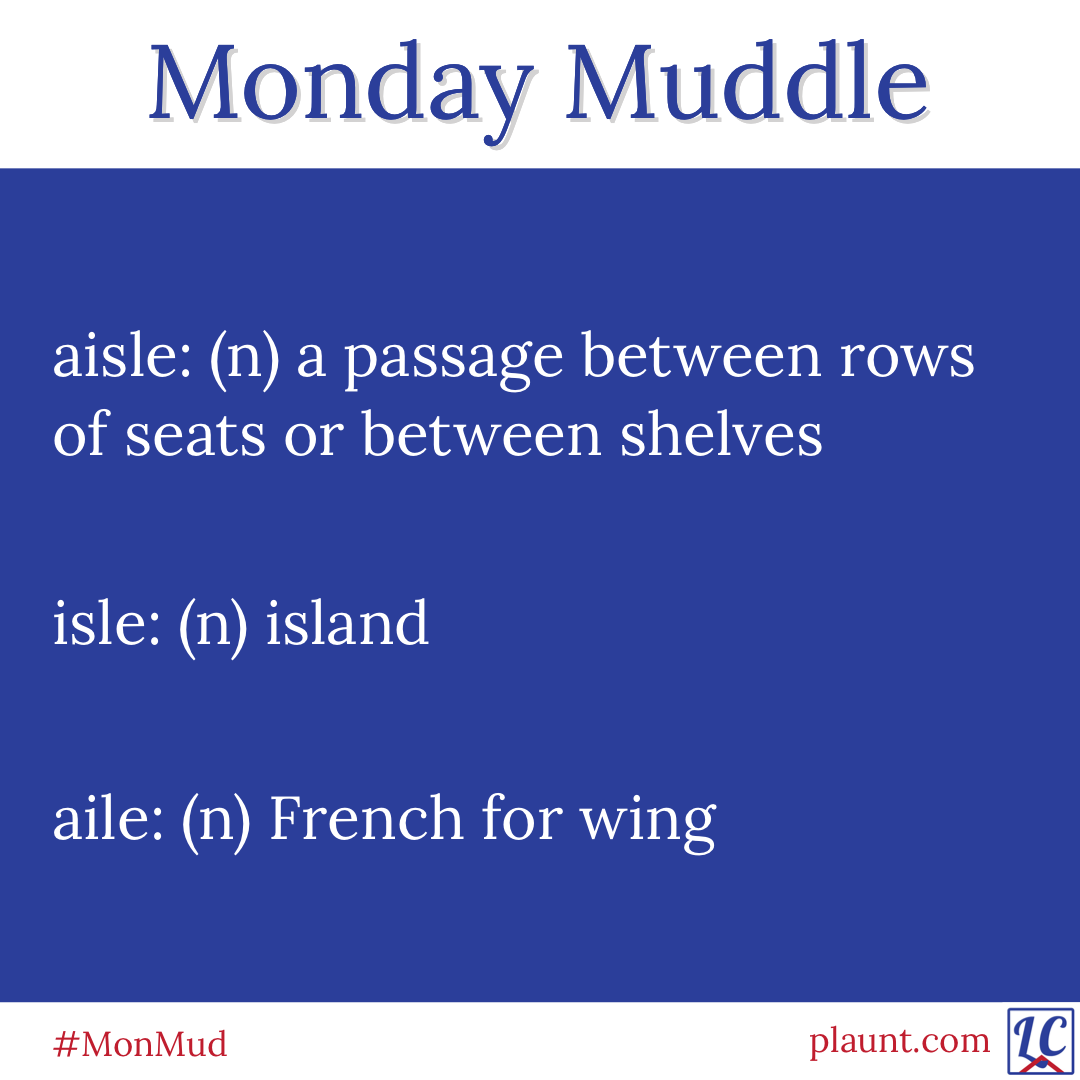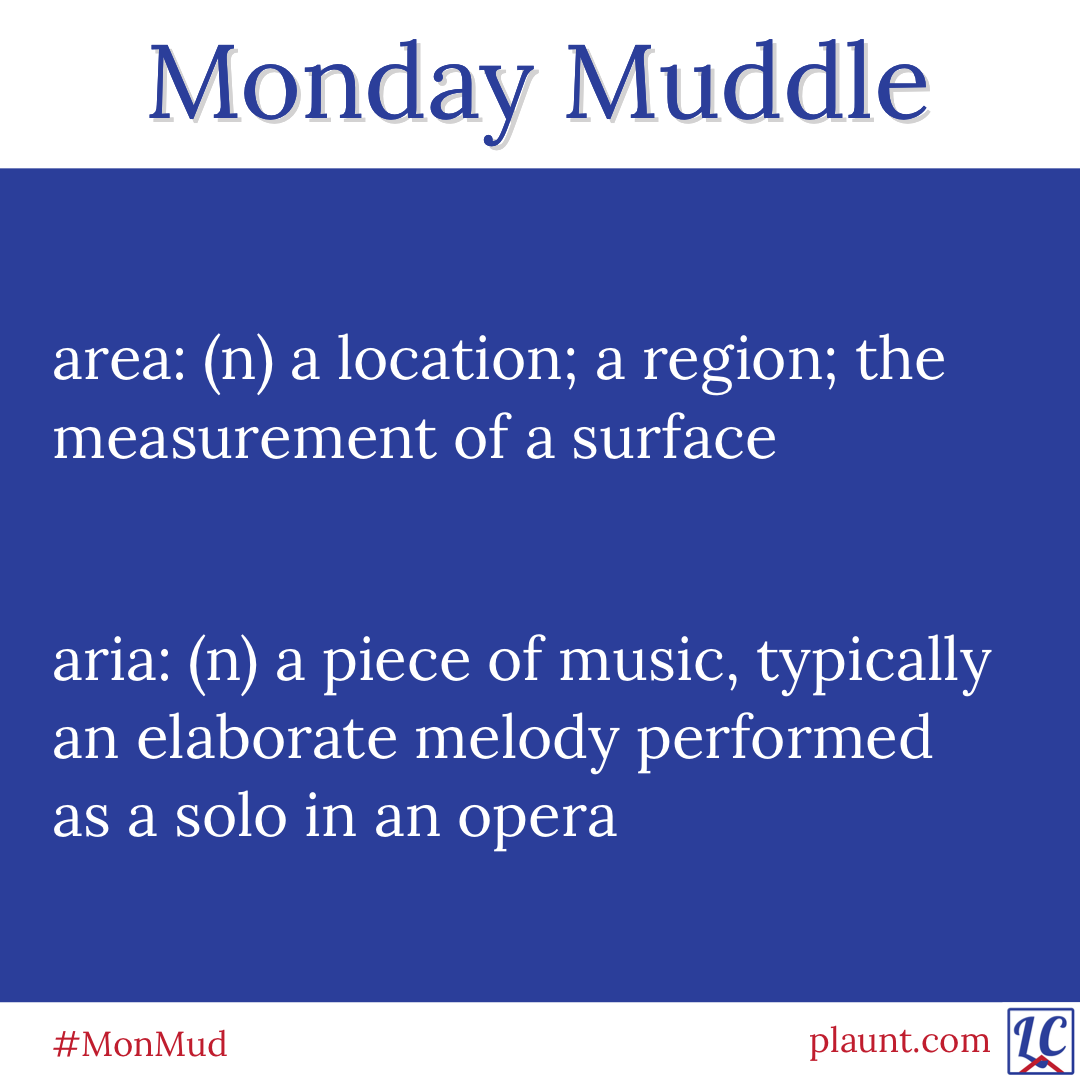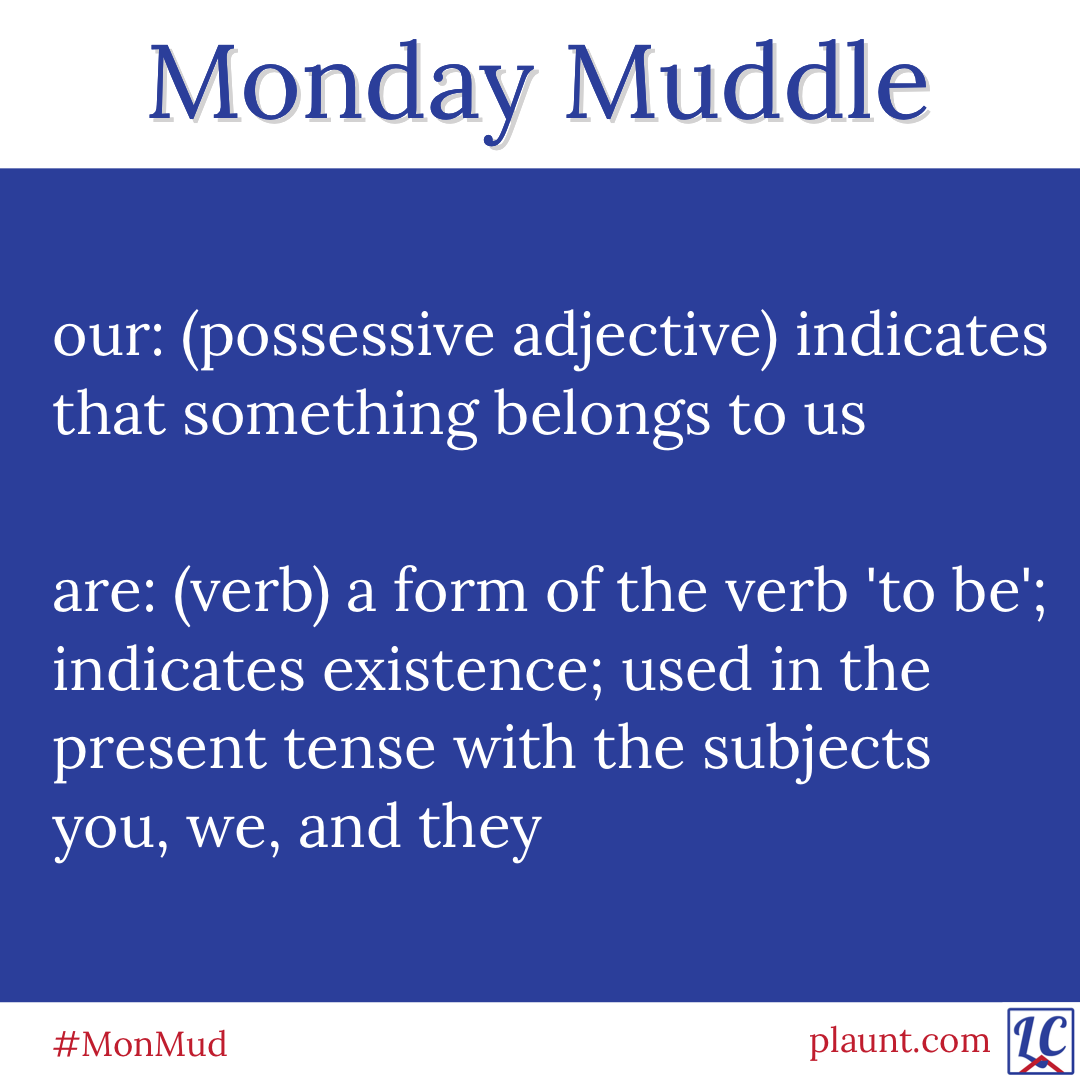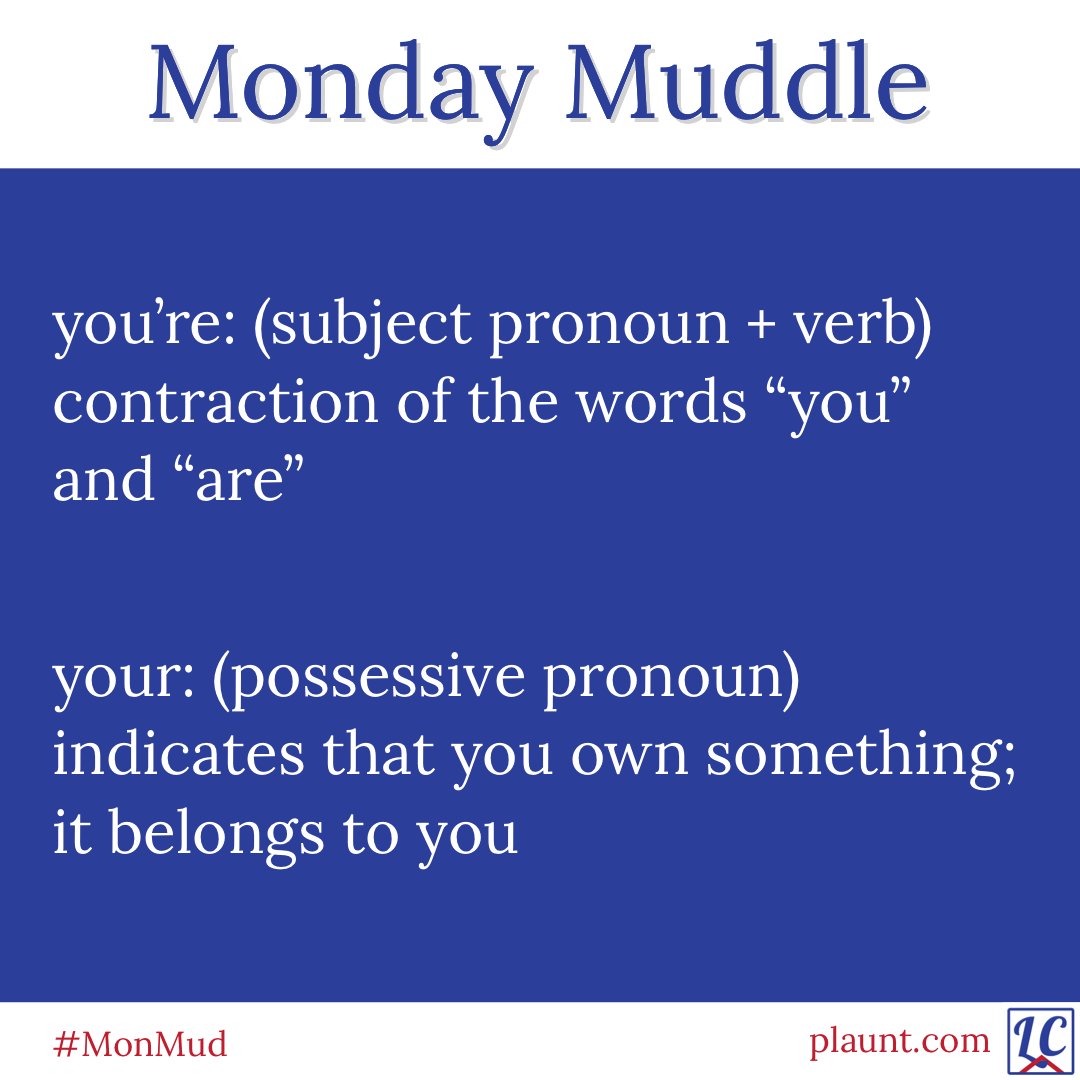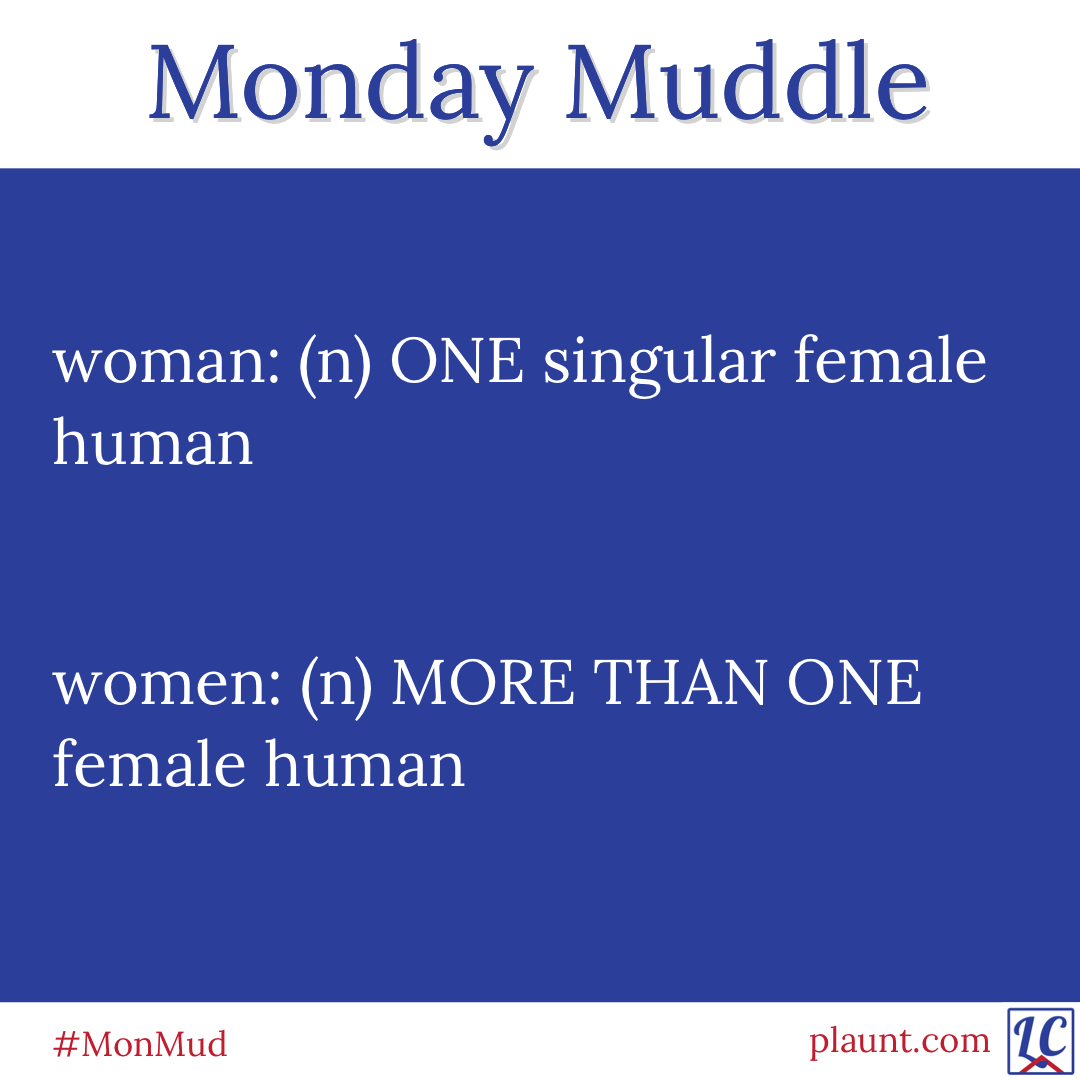Here are a couple tips to help you know when you need the apostrophe. “Its” will be followed by a noun, though there might be a descriptive adjective (or several) before it. “It’s” might be followed by just an adjective. (e.g. It’s yellow.) But if “it’s” is followed by a noun, with or without a descriptive adjective, there will almost certainly be an article (a, an, the) or a possessive adjective before the noun. “It’s” might even be followed by “its”. For example: Why is there a bowl on the floor? It’s its usual location. It’s the dog’s food dish.
“Its” should never have an apostrophe after the s.
Autocorrect does not know the difference between “it’s” and “its”, so don’t trust it to choose for you.
